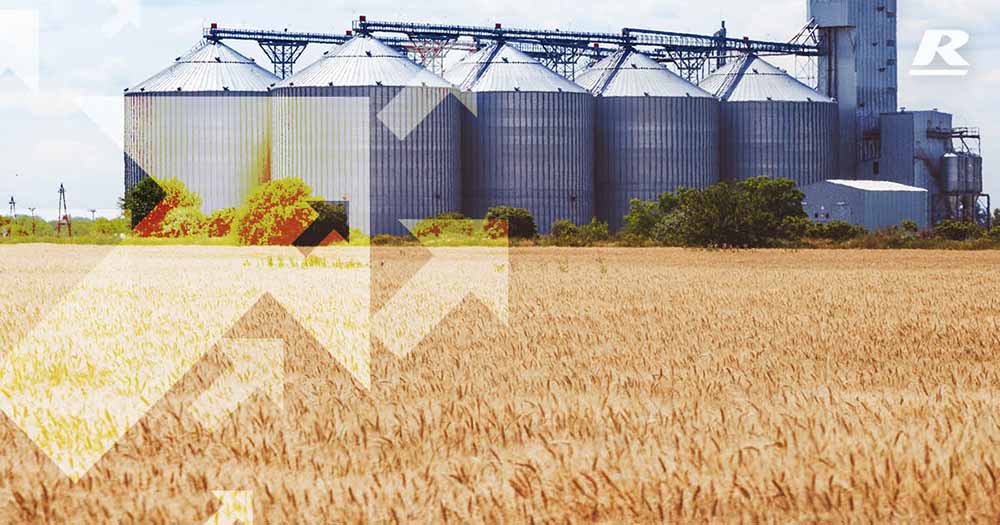COMMODITY UPDATE
Market Observations: January
Hello and welcome to 2024! We hope everyone had a safe and joyful Christmas as we look forward to what we hope will be a prosperous new year in Australian agriculture.
As discussed in our last newsletter, regions were looking at varying results to the 2023 harvest. The Victorian and South Australian Mallee crops showed signs of good yields and largely escaped rains that would arrive in mid-December to produce some very good results, while central Victoria and the Wimmera received the rains at an untimely period that ultimately prolonged harvest. Quality was not greatly affected, but an average reduction in test weights and lower protein saw a larger than expected portion of the crop drop into an ASW1 feed category. Harvest has been prolonged with these regions as they carry on harvesting into the new year.
The Western district of Victoria has certainly had its share of problems, particularly with Wheat. A mild finish to the end of the season coupled with ongoing rain events and higher humidity has created issues in both the quality and the ability to harvest within standard moisture levels. A significant part of the Western District has faced the challenge of a drawn out harvesting program due to the prevailing high moisture levels in the crop. Compounding the issue is the absence of hot weather which is needed in order to bring moisture levels down.
Rain can have both positive and negative effects on a wheat crop that is ready to harvest, but it depends on the timing and intensity of the rainfall.
Positive Effects:
- Moisture Boost: Moderate rainfall can provide much-needed moisture to the soil, benefiting the wheat crop. This is particularly advantageous if the region has experienced dry conditions leading up to the harvest.
- Weight Gain: Rainfall can cause the wheat grains to absorb water, increasing their weight. This can lead to a higher yield and better quality wheat
Negative Effects:
- Quality Issues: Excessive rainfall or prolonged wet conditions can lead to quality issues in wheat. High humidity and moisture can promote the growth of fungi and diseases, such as Fusarium head blight, which can reduce the quality of the grains.
- Sprouting: If rain occurs after the wheat has matured and before harvest, there is a risk of sprouting. Rain can trigger the germination process in mature wheat kernels, reducing their quality and market value. These are the conditions Western District farmers are currently facing.
- Harvest Delays: Wet conditions can make fields muddy and difficult to navigate with harvesting equipment, causing delays in the harvest. Delayed harvest may lead to further quality deterioration.
Timing Matters:
- Pre-Harvest Rainfall: Rainfall just before or during harvest can be particularly problematic. It can increase the risk of sprouting, reduce the efficiency of harvesting machinery, and potentially lead to crop losses.
- Earlier Rainfall: If the wheat crop receives sufficient rainfall during its growth stages, it can contribute positively to yield and overall crop health. However, excessive rainfall during critical stages like flowering may still pose a risk of diseases.
- While moderate rainfall during the growing season can be beneficial for wheat crops, excessive or untimely rain, especially during the harvest period, can have detrimental effects on both yield and quality.
- Western District farmers have been monitoring weather forecasts closely. At the time of writing, a significant portion of the crop has still not been harvested and not just limited to Wheat. With irregular and sporadic rain events occurring across the harvest period, the challenge now is for Farmers to try and make decisions on when to harvest; what commodity to harvest and what paddock to harvest first.
With more rain forecast we wish our Farmers all the very best in challenging times.
To increase your livestock farming gains & expert nutritional feeding advice please call 1300 REID FEED or enquire here >
 Author
Author
Justin Fay
Commodity Manager

 Author
Author